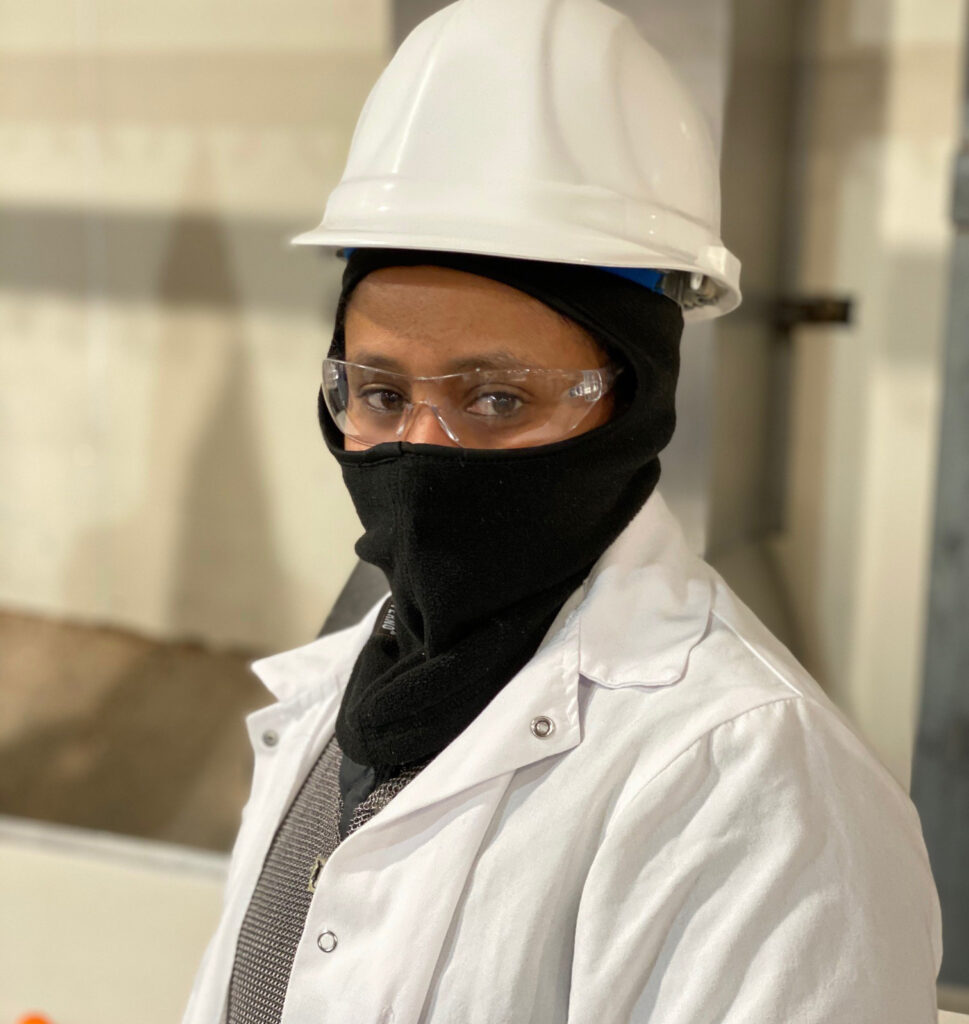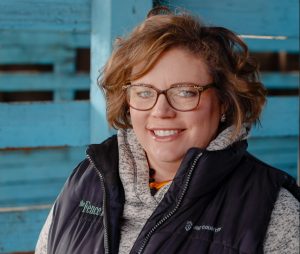The road to the 2022 ballot is still far from Colorado voters, but agriculture groups are already united in opposition to Initiative 16, the so-called Protect Animals from Unnecessary Suffering and Exploitation, or PAUSE act.
There’s no doubt that the extreme changes to Colorado statutes proposed would decimate the state’s second-largest industry- agriculture. Farm and ranch families in Colorado and the other states that depend upon us for our meat processing capacity would suffer losses that are difficult to assign a value to. Small communities would be robbed of the ability to support businesses and schools and the loss of jobs is difficult to even calculate.
All of that being said, this egregious initiative puts some of the state’s most vulnerable in the crosshairs of the animal rights extremists who are the initiative’s proponents. Prior to COVID, a fire at a meat processing plant sent cattle prices on a wild ride, and the processing disruption, especially when paired with the effects of the pandemic, left meat cases sparse. The fall of Colorado’s meat processing sector would not only leave the front-line agriculture workers at companies like JBS and Cargill and any one of the many small, family-owned plants in a precarious situation, with a significant loss of jobs, but it would increase food costs for consumers.
In my job at The Fence Post Magazine, I wrote extensively about the meat processing glut and the measures taken to protect these plant workers who are vital to the food supply and to their families who love and depend upon them. One article, in particular, stands out in my memory because it included a striking photo of a female meat plant employee, supplied to me by JBS.
I don’t know the woman or even her name, but she appears to be in her 30s, perhaps. She is dressed in a white coat, safety glasses, and hard hat synonymous with meatpacking, with the COVID additions of a face covering. I don’t know much about her, but I’ve often wondered about her story. Her job, guessing from the safety gear she’s wearing, is a physical one, working on the line, likely completing one specific cut or task that works in cooperation with all of the other jobs and tasks on the line to ensure a safe and high-quality beef product for consumers. She is undoubtedly, an important link in the chain from live cattle to plate.
Her job at JBS is likely a good-paying one with benefits, though she probably spends a great deal of time on her feet doing hard work. I’ve looked at her eyes, really all I can see in the photo, and wondered if this job helps her support small children at home. I’ve wondered if she, like me, is grateful for a steady job. I’ve wondered if her shoulders are tired and sore when she leaves work and goes home to figure out what to cook for dinner and begins evening routines of homework and dishes and laundry and bath times.

Even with a good job, I wonder if she struggles to put food on the table and meet all of the other needs of a family. Gas and insurance and prescriptions and new shoes and car payments and a home don’t come cheap. If Initiative 16 were to pass, I wonder what might happen to her.
If it were to make it to the ballot and pass, her job would be in serious jeopardy. If it were to pass, she and every other person purchasing food would be faced with much higher prices. If it were to pass, her children’s school would face funding challenges from reduced agriculture taxes. If it were to pass, any other family members employed in one of the many sectors of animal agriculture- feed yards, dairies, transportation, etc.- would be in the same boat.
Taking food off the table of this woman is unfair. She doesn’t deserve to worry about how she will pay the light bill or the groceries or if she’ll find another job. She certainly doesn’t need to worry about putting food on the table when her job putting food on consumers’ tables is jeopardized. She doesn’t deserve any of that to happen and it is exceptionally unfair to put families in hardship because two animal rights activists don’t agree with livestock production practices.
Initiative 16 is less about preventing cruelty to animals than it is about moving away from animal agriculture, but it will do so at a cost that is too high for her family or mine to shoulder.

Guest blog by Rachel Gabel
Rachel Gabel is an ag journalist, writer, and member of one of the state’s 12,400 cattle-producing families.
She can be reached at [email protected], 970-768-0024, or by visiting thefencepost.com or rachelgabel.com.
